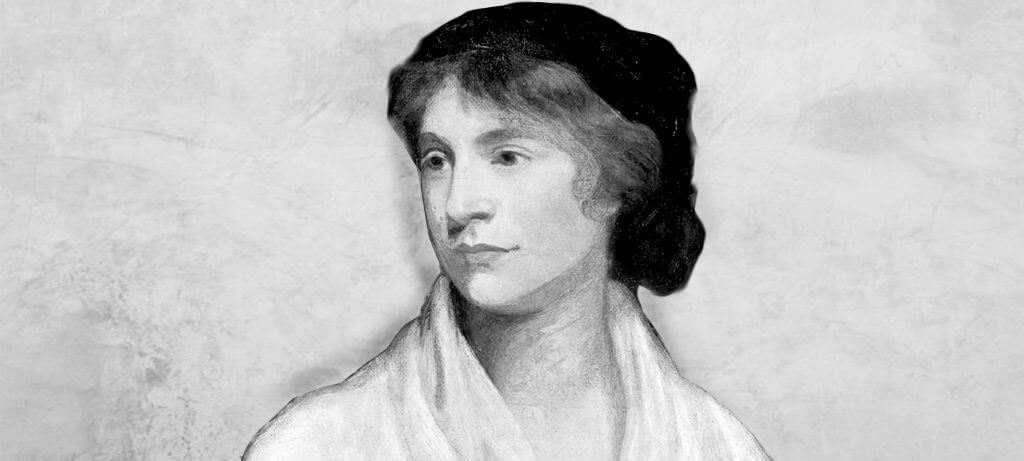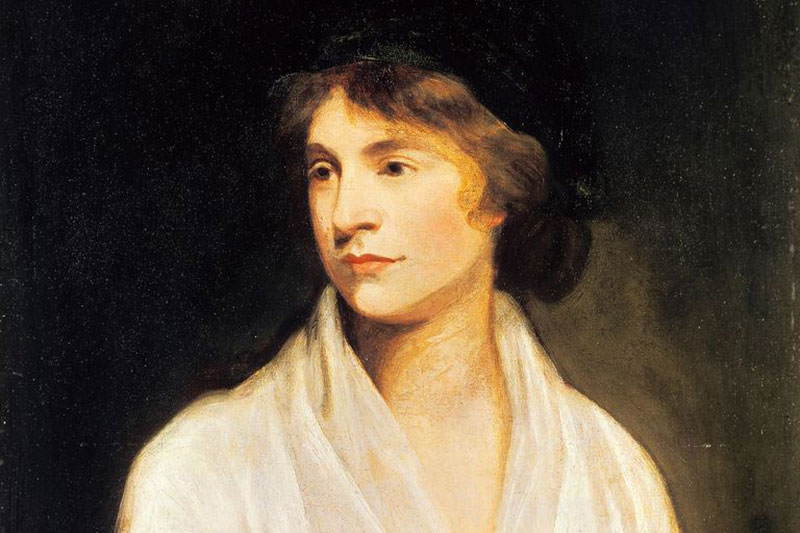

Then, although they were both ideologically opposed to marriage, she and famed philosopher William Godwin married on March 29, 1797. She had love affairs with Henry Fuseli, a Swiss painter, and Gilbert Imlay, an American businessman. Furthermore, she demands education for women so they can be treated equal to men: “I do not wish them to have power over men but over themselves.”īeyond her writing, Wollstonecraft had an equally unconventional personal life. She became a frequent contributor to his journal, “Analytical Review.” In 1792, she published her most famous work, “A Vindication for the Rights of Women.” In the book, she refutes the commonly held view at the time that women were innately inferior to men. In this role, Wollstonecraft grew intellectually when she realized that there were larger forces holding women back in society. In 1787, Wollstonecraft returned to London and was hired as a translator for Joseph Johnson, a publisher of radical texts. Wollstonecraft was disgusted by her female employer’s helpless dependency on Lord Kingsborough. Additionally, her feminist ideology was born out of her time watching Lady Kingsborough. In this role, Wollstonecraft learned that she did not enjoy domestic work. When Fanny died in 1785, Wollstonecraft started what became a two-year stint as a governess for Lord and Lady Kingsborough in Ireland. In 1784, the sisters, along with Wollstonecraft’s best friend, Fanny, founded a school. In 1780, she went home to help her ailing mother for a year and then, a few years later, she came back to her hometown to extricate her sister from an unhappy marriage.

At age 19, she escaped her home to work as a lady’s companion in Bath, England. Her abusive father squandered the family fortune on unsuccessful business ventures. Wollstonecraft’s formative experiences shaped what became her radical views. Her writing became a foundational text of the feminists fighting for suffrage, nearly a century after her death.
/Mary-Wollstonecraft-x2-162279570-56aa24f63df78cf772ac89ed.jpg)
She challenged the second-class status of women in society, while also going against convention in her romantic relationships. Growing up in Victorian England, she was well ahead of her time, in both her ideology and lifestyle choices.

Best known for her book “A Vindication for the Rights of Women,” she is considered a founding feminist philosopher. On April 27, 1759, Mary Wollstonecraft was born in London, England. Article Details: April 27, 1759: Founding Feminist Philosopher Mary Wollstonecraft Was BornĪpril 27, 1759: Founding Feminist Philosopher Mary Wollstonecraft Was Born


 0 kommentar(er)
0 kommentar(er)
